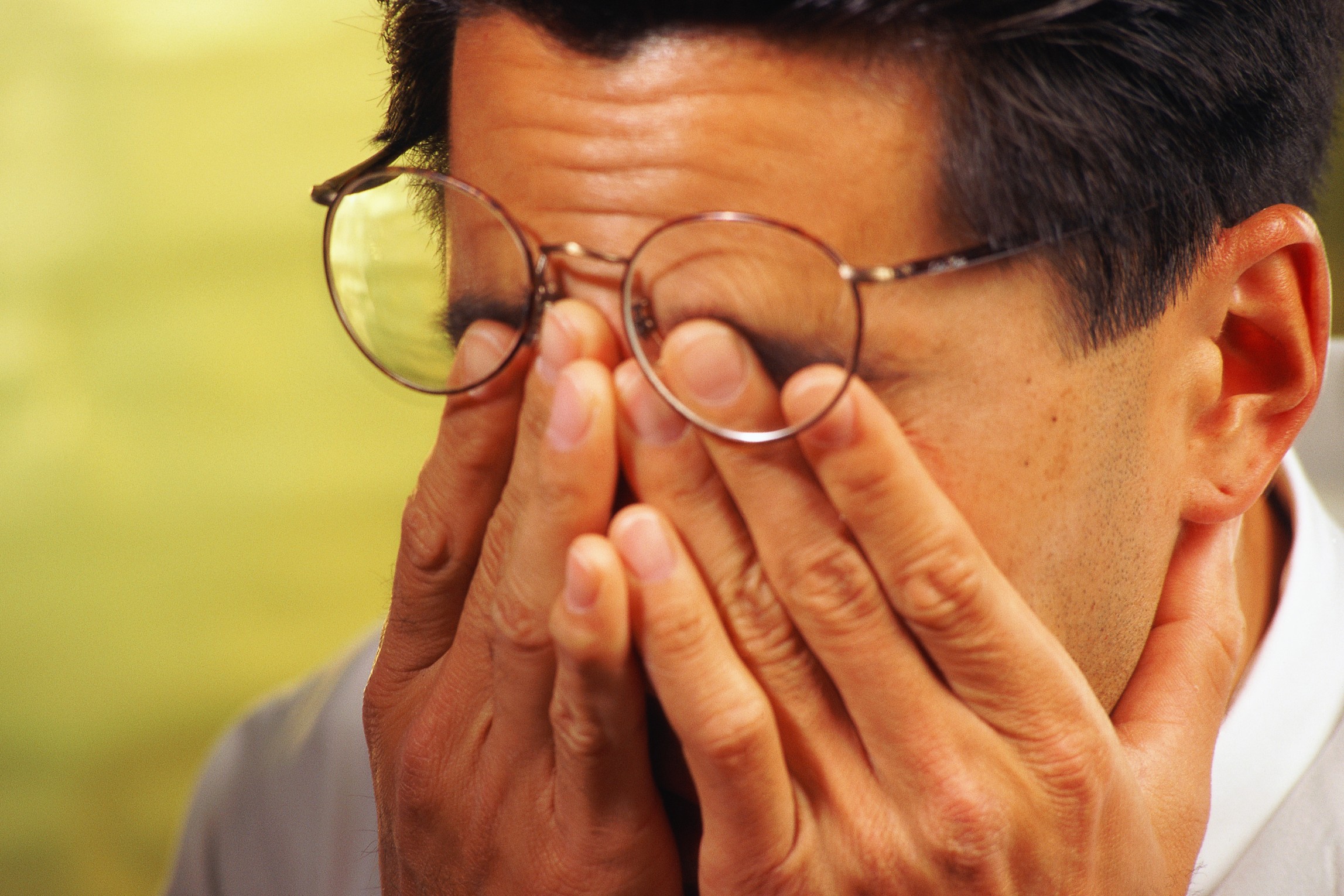Sleep apnea, a condition characterized by periodic reduction or cessation of breathing during sleep, comes in two types: Obstructive Sleep Apnea (OSA) and Central Sleep Apnea (CSA). OSA involves abnormal breathing due to throat narrowing or closure, and CSA results from altered breathing control. The major symptoms of OSA include loud snoring, fatigue, and daytime sleepiness, but some individuals may lack noticeable signs.
Approximately 25 percent of adults (1 in 4) are at risk for some degree of sleep apnea, with males more commonly affected. Risk factors include age, obesity, and anatomical features like a small mouth or throat.
OSA's consequences range from reduced alertness to an increased risk of accidents, excessive daytime sleepiness, and long-term health issues such as high blood pressure, heart problems, and stroke. Diagnosing sleep apnea involves evaluating symptoms, and medical history, conducting an overnight sleep study called a Polysomnogram or a home sleep study.
Continuous Positive Airway Pressure (CPAP) therapy is a common and effective treatment for OSA, using air pressure to keep the airway open during sleep. Behavioral changes, weight loss, and avoiding alcohol or sedatives are also recommended.
CPAP, the primary treatment, requires nightly use, and advancements in technology aim to improve comfort. Implantable devices like INSPIRE may be considered in selected patient groups. Oral appliances reposition the jaw to relieve obstruction, and surgery may be considered for severe cases.
Surgery options include Maxillomandibular Advancement (MMA), and tracheostomy, with each carrying its own set of risks and considerations. The choice of treatment depends on the severity of the condition, patient preferences, and the effectiveness of nonsurgical options.

Critical Care Medicine, Sleep Medicine, and Neurocritical
Care Medicine.


